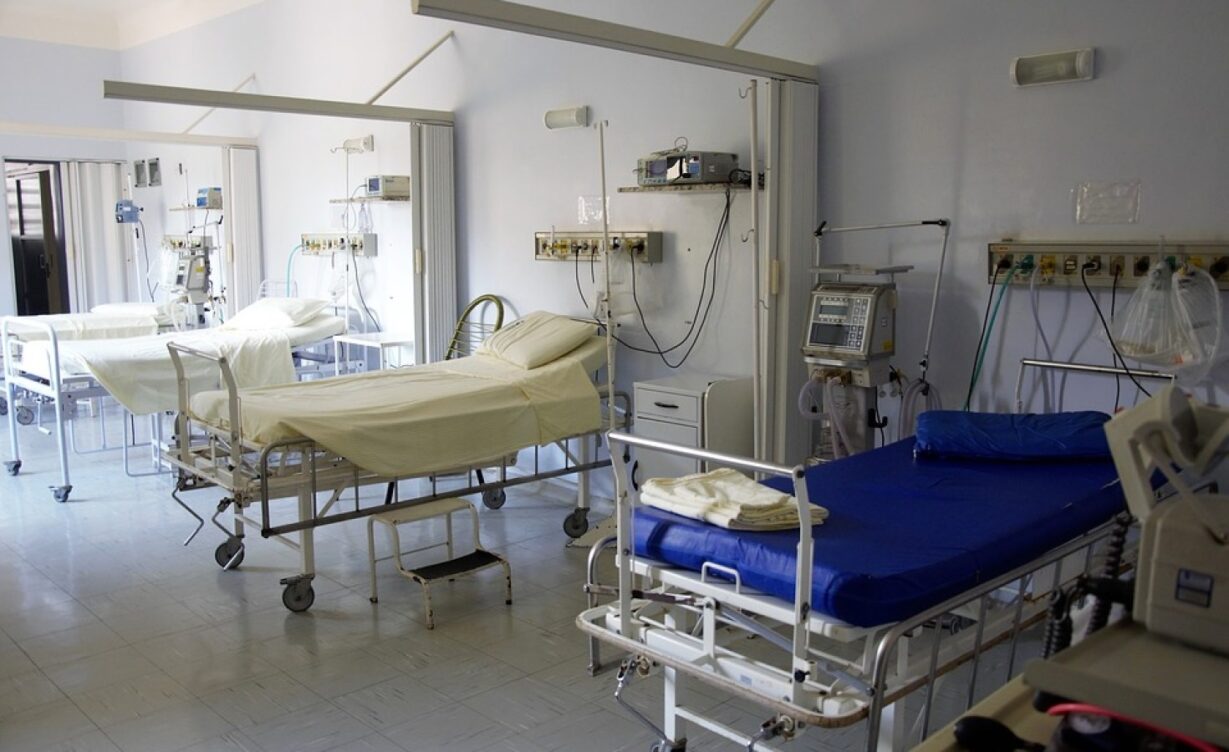By Livingstone Ayehangane
Annually, thousands of people globally travel abroad seeking affordable advanced medical care. This is one of the easiest ways to get a passport. Common medical procedures that people undergo on medical tourism trips include dental care, surgery, cosmetic surgery, fertility treatments, organ and tissue transplantation, and cancer treatment – per CDC.
This has less been common in Africa, but due to the increasing number of health issues that cannot be cured locally, and the spread of information (and misinformation) that is enticing African netizens to get rid of their deformities (for instance to amass more social media followers) is surging.
The major reasons for global medical tourism are cheaper prices compared to domestic costs especially in Europe and North America due to sky high medical costs in the regions, laws restricting certain medical procedures – I believe we are aware about skin bleaching restrictions or Roe Vs.
Wade, and in my opinion the biggest causes in Africa are poor quality of care, lack of skilled medical personnel, advanced technology and drugs on the continent. We already have low medical costs which is one component of (and does not not solely imply) high quality care. As some Africans are becoming financially well off, they are spending money on having quality maternity care in Europe and the US.
However, the issue is not bound to people going to seek care outside Africa, but economic implications on the poor families, fragile economies and quality-of-care issues like medical complications that affect innocent patients. Some of the practitioners in those destinations are quacks.
The most concerning issue is that patients do not know how to differentiate between qualified medical providers and quacks, thus seduced by the cheap surgeries, fall for the quacks. This leads to medical complications that make them end up paying more than the original fees that they would have incurred had they visited qualified, legally certified and approved practitioners.
An English woman recently went to Turkey to get her dental formula improved, which has been popularized as Turkey teeth, for her son’s wedding. This was accompanied by complications when she arrived home, forcing her to have an emergency care and an operation that was almost equal to what she paid for the Turkey teeth. Isn’t this where Africans are heading?
Economically, this has a lot of economic implications on Africa, where the continent alone spent about $6 billion on outbound medical tourism in 2006. This is a huge economic burden but one that can be tapped. Firstly, the governments fund and subsidize patients who need care for such medical issues that cannot be handled locally (which is necessary and benevolent), secondly, employers through their businesses pay money for their employees’ medical costs, and domestic insurance companies incur enormous costs in covering such costs. This is not limited to that as it breeds trafficking humans for organs like kidneys or lungs.
However, medical tourism has benefits. Often, it’s true that prices are affordable in another country or that the country has more qualified staff. A case in point: an acquaintance of mine recently had a kidney issue that doctors had failed to cure in spite of the surgeries and prescriptions. When he went to India, he had a kidney operation, and he is now as healthy as ever – relieved of the pain he was suffering from.
The doctors told him that if he had got medical treatment in India earlier, he would not have had a surgery, but whether that was not marketing I cannot tell.
So, should African governments stop sponsoring and giving a clear run for such schemes? Absolutely not! In my opinion, they ought to support them for the meantime, but set up backup plans, to boost their healthcare sectors. This can be done through subsidizing local healthcare service providers, and implementing professional training and education policies for healthcare providers. Attracting healthcare investors with a perspective of improving care whilst creating jobs for health and healthcare professionals to curb brain drain should be one of the strategies. They (investors) invest in advanced technology and pay competitive salaries. For instance, recently BioNTech opened its doors in Rwanda and is commencing production of mRNA Vaccines. The European Investment Bank (EIB) also launched a EUR 50 million pharmaceutical in Kenya.
Monitoring and evaluation of quality-of-care outcomes in settings, accrediting healthcare providers, and designing policies to emphasize continuous improvement of care. We need Africa’s Joint Commission. When discussing about our economic portfolio as Africans or East Africans, most economists discuss about international trade, taxes, demand, and supply of raw materials, and tend to ignore the fact that 4.97% of sub-Saharan Africa’s economy is spent on healthcare, which is not only a vital but lucrative sector where large economies tap these sources. For instance, US healthcare expenditure alone, in 2020 was $4.1 Trillion.
The implications of Medical Tourism are not only faced by Africa and developing economies only but also developed economies that invest a lot of funds in healthcare to meet the needs of the citizens who end up spending the money elsewhere. This leads to misutilization of healthcare resources. The US outbound medical tourists make 10% of the worldwide total causing a big loss to the country’s economy.
In addition to the milestones that Africa’s ministries of health have achieved and are planning to, various tremendous contributions by international health organizations like WHO, Africa CDC,…have contributed in terms of support in planning, policy design and implementation, and funding, there is a need to extend quality health services and tools to all citizens to curb the surging expenditure on medical tourism abroad.
The writer is in healthcare management, with concentration in Global Health Perspectives.

